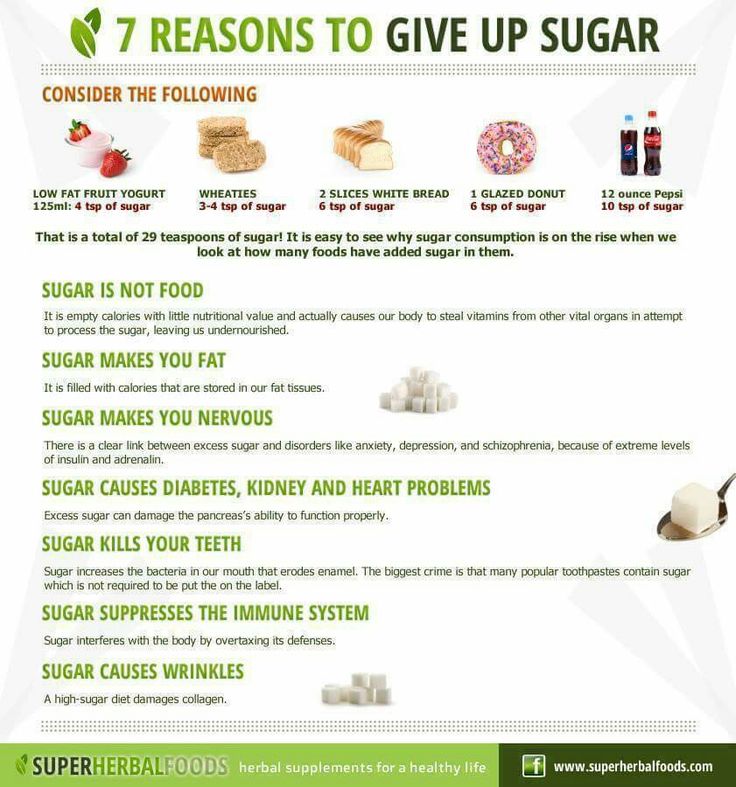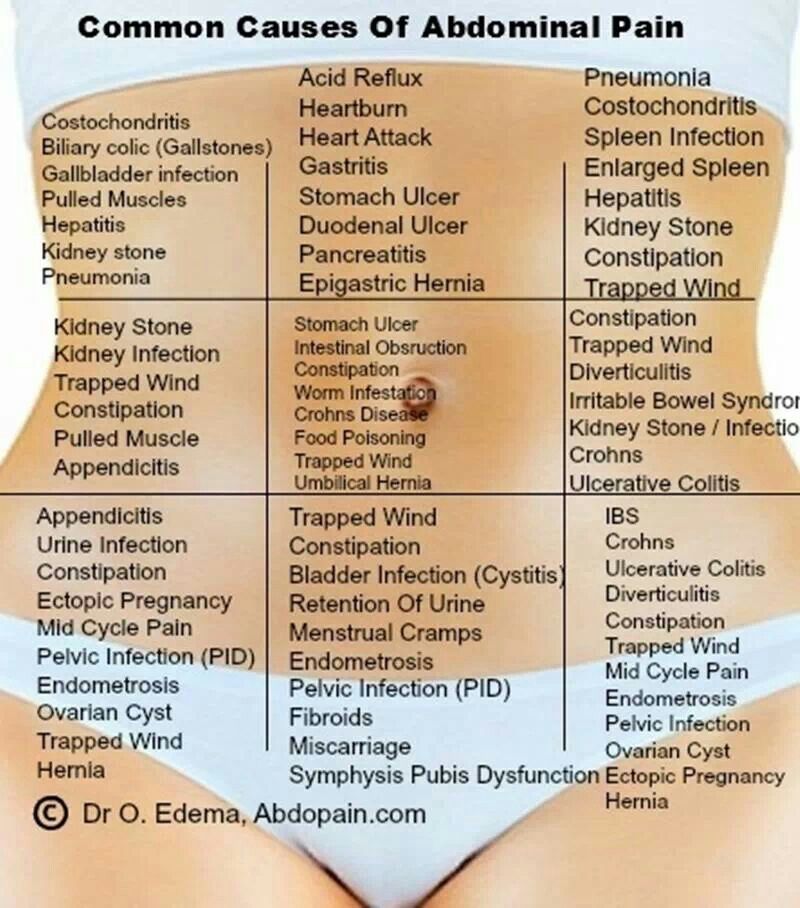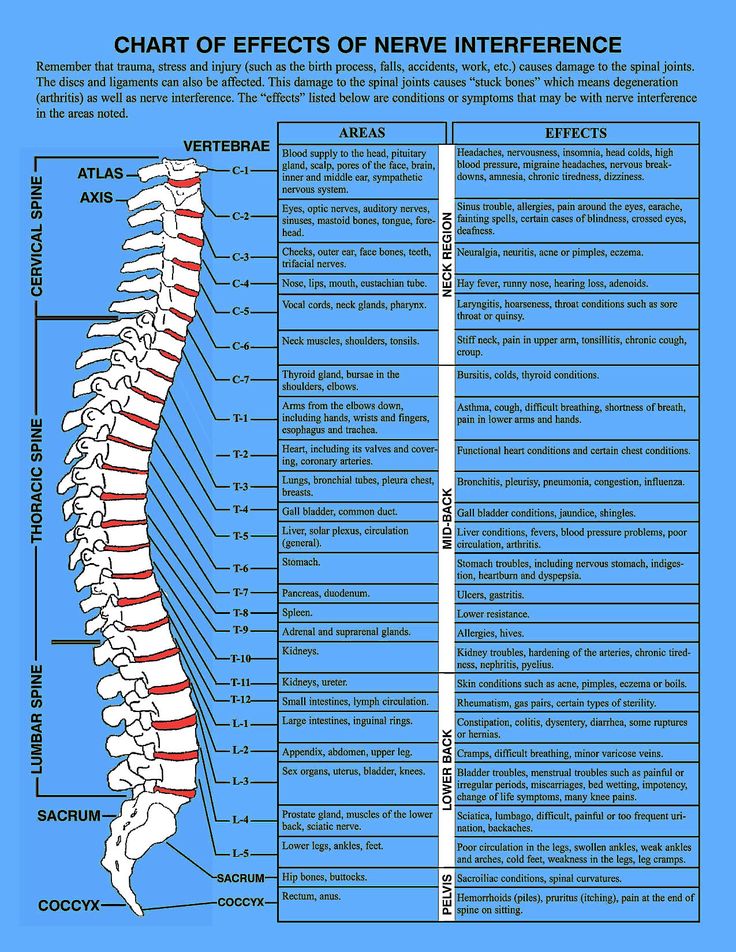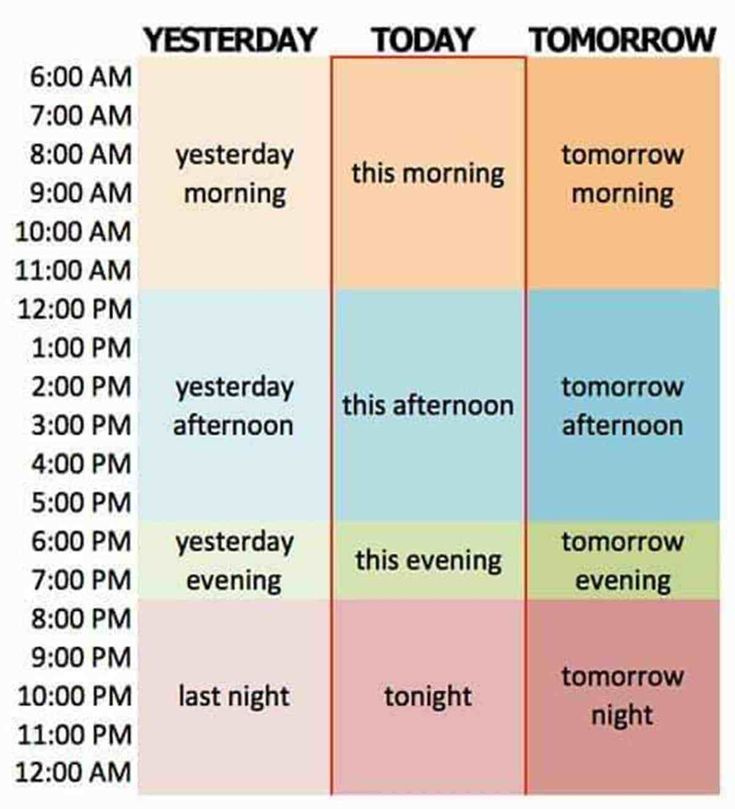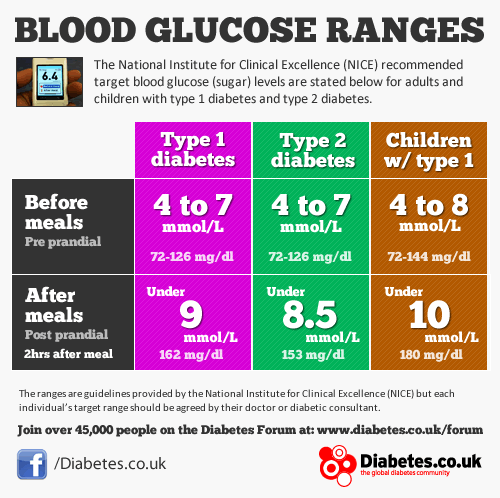Chocolate craving during pregnancy
What do my pregnancy cravings mean and should I eat them?
Credit: iStockHere’s everything you need to know about those weird pregnancy cravings you’re experiencing…
Many women report overwhelming urges to seek out all kinds of weird and wacky food combinations while pregnant. Pickles with doughnuts? Ketchup and chocolate? Chillis on ice cream?
And it’s not just about what you desire – amongst the hormonal whirlwind of physiological changes and challenges facing your body, you’ll just as commonly experience ferocious aversions to foods, smells and even textures too.
But is there meaning in the madness? And more importantly – are there healthier alternatives you can turn to? We spoke to nutritionist and health journalist Louise Pyne to shed some light on one of the most fiercely debated pregnancy myths.
What causes cravings during pregnancy?
Regardless of pregnancy, there are many factors that can contribute to cravings. Stress and anxiety can stimulate the need for serotonin – a feel-good chemical that’s often boosted after eating carb-heavy snacks and sweets – and much of what we think we need is the result of habit too.
According to an article published in The British Journal of Sports Medicine, sugar has deeply addictive properties that influence the brain’s neurochemistry, making you more likely to feel dependent on sugary foods if you establish them as a norm (like reaching for that chocolate biccy every day at 4pm).
Having said that, there’s no denying that hormonal fluctuations experienced during pregnancy can change your perception of taste and smell, often sparking strong cravings for particular things and reconfiguring your relationship with foods that you may have either loved or hated in the past.
As nutritional therapist Kerry Torrens reported for the BBC, the chances of experiencing intense cravings are also higher if you’ve suffered greatly with morning sickness, and more often than not, mums-to-be will find themselves seeking out high calorie, fatty options, which suggests that their bodies are tired and seeking fast energy.
Either way, it’s useful to be as informed as possible while you’re on this journey, and getting to understand what certain yearnings may be signifying can help you to make choices that are healthier for you and your baby.
Are my pregnancy cravings trying to tell me something?
ChocolateWhy: If you’ve found your sugary cravings have gotten even sweeter, it could be a sign of a mineral deficiency. The sweet stuff is a source of magnesium, so a strong craving for chocolate could be a sign that you’re low in magnesium, an important mineral which helps to build strong teeth and bones in your baby. Magnesium is also a muscle relaxant, so if you suffer restless legs or sleep issues then increasing your levels could help.
What to eat: Nibble on a few squares of dark chocolate and load up on wholegrains such as brown rice and wholemeal bread, as well as dark green leafy veggies like spinach and kale as these are high in magnesium.
ChipsWhy: Salty cravings are one of the most common, and one theory is that a yearning for salty food could be the result of your body losing sodium due to a rise in pregnancy hormones like progesterone.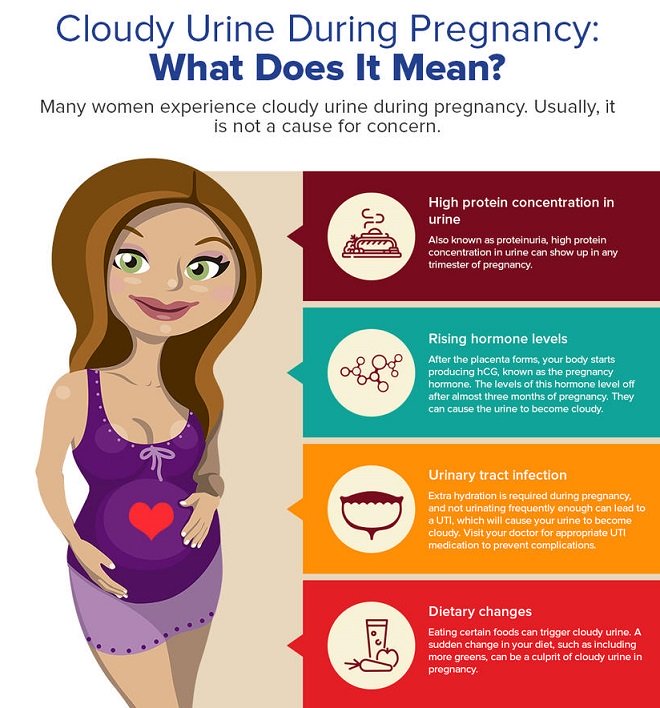
What to eat: Try to keep oily foods like chips and crisps to a minimum and load up on pickled foods such as sauerkraut and miso soup – both of these are rich in probiotics and beneficial bacteria which can boost immunity and digestion.
CurryWhy: A desire for spicy food is common in pregnancy, with one in 20 women reporting a weakness for curry. It’s thought that changing tastebuds are responsible for spicy urges along with the theory that spicy food can bring on labour.
What to eat: Opt for vegetable curries like dhal or chickpea curry served with plain rice because these tend to be easier on the digestive system and lower in fat.
HamburgersWhy: It’s not unusual to crave red meat during pregnancy. This is because red meat is high in iron, which is needed for red blood cell formation in your baby.
Iron is also a vital component for making haemoglobin, the protein in red blood cells that carries oxygen to other cells, and since blood volume increases by almost 50% during pregnancy, it’s even more important to increase iron stores to ensure oxygen can be transported efficiently around the body.
Low iron levels can also result in anaemia, a condition that affects up to 24.4% of expectant mums in the UK. Bizarrely, some women get cravings for non-food items like dirt, clay and ice – a phenomenon called pica which can be a sign of anaemia, so make sure to speak to your midwife if you experience these types of cravings.
What to eat: Ditch fast food for a palm-sized piece of steak and try leaner cuts like top sirloin or skirt steak which pack in juiciness without a high fat content. And load up on dark green leaves including rocket and spinach for an extra punch.
Ice creamWhy: If the thought of an extra-large scoop of vanilla ice cream drizzled in chocolate sauce makes you go weak at the knees you’re not alone. Core body temperature rises during pregnancy which can naturally make you feel hotter than usual, and by the time you’re due to give birth you’ll have gained around 12.5kg which can make you sweat more than normal – no wonder you’re longing for something ice cold!
What to eat: Ice cream is loaded with sugar which can play havoc with energy-stabilising blood sugar levels. Swap ice cream for a pot of creamy Greek yogurt with puréed berries for a cool sweet treat that won’t send blood sugar levels soaring.
Swap ice cream for a pot of creamy Greek yogurt with puréed berries for a cool sweet treat that won’t send blood sugar levels soaring.
Why: Many women get a thirst for sour, zesty flavours during pregnancy because of changing tastebuds. Lemon is a natural nausea aid, so a desire for the tangy fruit during the first trimester could be your body’s way of helping to curb queasiness.
What to eat: Try to incorporate lemon into your daily diet. Start your day with a cup of hot water and lemon to calm digestion and help alleviate nausea, add a slice of lemon to herbal teas or use lemon juice in a salad dressing and as a marinade base.
These easy substitutes will help to satisfy those pesky cravings while providing a greater nutritional payoff – and you may even discover some new edible favourites in the process.
Craving Chocolate During Pregnancy? What it Might Mean
Last Updated on May 3, 2022
Though not unique to pregnancy, chocolate cravings in pregnancy are in no short supply.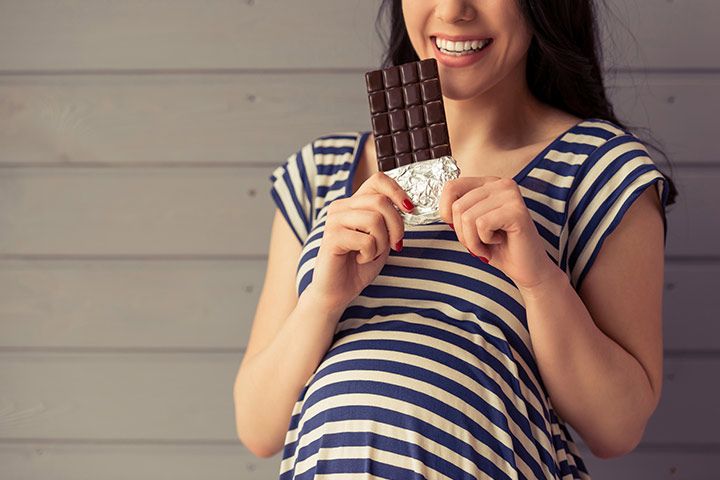 Since many food cravings can clue you in to your and baby’s health throughout pregnancy, many women wonder what might be behind their strong prenatal cravings for chocolate- aside from a delicious treat, that is!
Since many food cravings can clue you in to your and baby’s health throughout pregnancy, many women wonder what might be behind their strong prenatal cravings for chocolate- aside from a delicious treat, that is!
Chocolate cravings are a perfectly normal part of a healthy pregnancy. No matter if you have a hankering for a chocolate bar, cake, or chocolate milk, cravings for chocolate are also safe to satisfy.
Dark chocolate, white, or rich chocolatey desserts- does the kind of chocolate you crave tell you anything more about your pregnancy? I’ll clue you into what these other types of chocolate cravings during pregnancy might mean.
Covered in this Article:
Craving Chocolate During Pregnancy: What Does it Mean?Chocolate craving isn’t just for the movies, it is also the most common food craving among American women (source: Frontiers in Psychology).
Pregnant women are no stranger to cravings, especially since strong food cravings happen during two specific times- during pregnancy and around monthly menses- for many women. Intense cravings during pregnancy can feel wrong, or like a sign that something sinister is going on, but it isn’t so!
Intense cravings during pregnancy can feel wrong, or like a sign that something sinister is going on, but it isn’t so!
There are a number of reasons why women crave chocolate during pregnancy. Unlike some other pregnancy cravings, there was actually no definitive link found between hormonal changes and chocolate cravings (source: Appetite).
Rather than hormonal, research has shifted to focus on the influence that cultural and psychosocial factors play.
Chocolate is undoubtedly indulgent. Just think of the names for chocolatey desserts such as Devil’s Food and Death by Chocolate. Pregnancy is a time when many women are encouraged to indulge, ‘eat for two,’ and recoup the hard work of carrying a child by eating feel-good treats.
Not only rich, chocolate is also such a common food craving that it is nearly expected to crave chocolate at some point during pregnancy (source: Frontiers in Psychology). Both of these factors combined make chocolate cravings hard to resist.
Some pregnant women crave only certain types of chocolate, whether that be white, dark, or milk chocolate. Regardless of which type of chocolate you prefer, there is nothing out of the ordinary about chocolate cravings.
As all types of chocolate are safe to enjoy whilst pregnant, feel free to have a bite and satisfy your craving. For an in-depth guide on how much chocolate is safe and healthy throughout pregnancy, head over to our guide to chocolate.
Craving Chocolate Milk or Milkshakes During PregnancyWhether you imagine sipping on a frozen chocolate milkshake or just an ice-cold glass of chocolate milk on a warm day, there are many different reasons why you might be craving chocolate dairy drinks.
Both chocolate milk and milkshakes tend to be fairly sweet, so your pregnancy cravings could simply be tied to wanting a sweet treat. When it comes to chocolate milk, the chocolate syrup/flavor can also tone down the milk taste, which many women find less appealing or have aversions to while pregnant.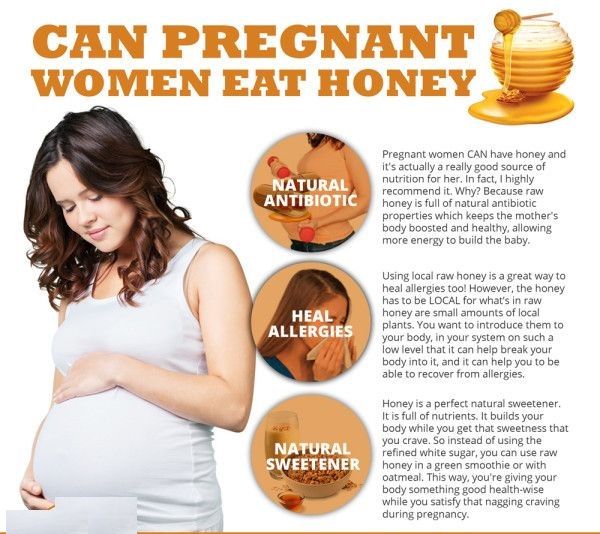
Milk cravings, including hot chocolate milk, are thought to signal your body’s efforts to increase the storage of calcium and phosphorus (source: Nutrients). Both of these nutrients are crucial during pregnancy as they help support the development of your baby’s skeleton.
Just like solid chocolate, chocolate milk and milkshakes made with real chocolate do contain some caffeine. The amount is very small, only around 2 milligrams per cup, but if you are choosing to eliminate all caffeine then this is something to keep in mind (source: US Dairy).
It might come as a surprise that chocolate milk is considered a sugar-sweetened beverage (SSB). SSBs, chocolate milk included, is still safe to drink during pregnancy, however, it is recommended to drink them in moderation and not as your regular beverage choice (source: Nutrients).
This can be hard if you are having strong and frequent cravings for chocolate milk! You can try pouring it into a smaller glass or mixing up a batch of chocolate milk at home, using less chocolate powder/syrup to get your chocolate milk fix minus some of the sugar.
Whether it’s a bar of chocolate, a piece of cake or a big glass of chocolate milk is there anything to be aware of before enjoying it? Chocolate is (typically) both caffeinated and sweetened with added sugars. Both of these things are safe in moderation while pregnant, but helpful to keep tabs on.
The caffeine content depends on the amount of cocoa solids in your chocolate treat. A good rule of thumb is ‘the darker the chocolate the higher the caffeine.’ White chocolate is uncaffeinated whereas dark chocolate can contain more than 26 milligrams of caffeine per ounce (source: USDA).
Up to 200 milligrams of caffeine per day can still be safe during pregnancy, so eating just 2 ounces of dark chocolate is around 25% of the daily limit alone (source: March of Dimes).
Feeling a sweet tooth? Find out how much caffeine is in your favorite chocolates with our ultimate guide.
Chocolate is typically labeled as indulgent for a reason- it’s sweet! If you’ve had discussions with your medical provider about limiting sugar intake or have been diagnosed with gestational diabetes, then it is important to be careful about how much chocolate you eat.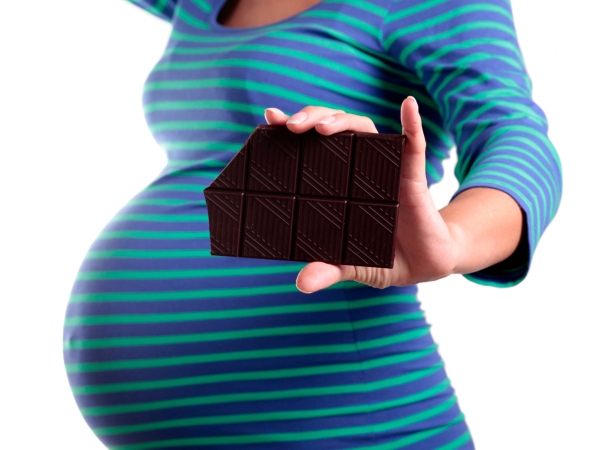
While darker chocolates are typically more caffeinated, they are also typically less sweet and therefore less prone to spiking your blood sugar level.
Some chocolate treats, such as mousse, are made with raw eggs and are not always pasteurized for safety. If you’re buying these types of prepared desserts be sure to check the label and opt for pasteurized versions to lower your risk of foodborne illness.
Bearing your daily caffeine intake in mind, overall chocolate is still definitely safe to enjoy in moderation while pregnant.
To explore all of the benefits and safety throughout pregnancy, here’s a deep dive into all things chocolate which you can find here.
Does Craving Chocolate Mean I’m Having a Boy or Girl?Rumor has it that if you crave sweet foods (such as chocolate) during pregnancy you should be expecting a baby girl as the new addition to your family.
As sweet (pun intended) as taking a hint from your cravings would be, there is unfortunately no scientific evidence to back up this old wives’ tale.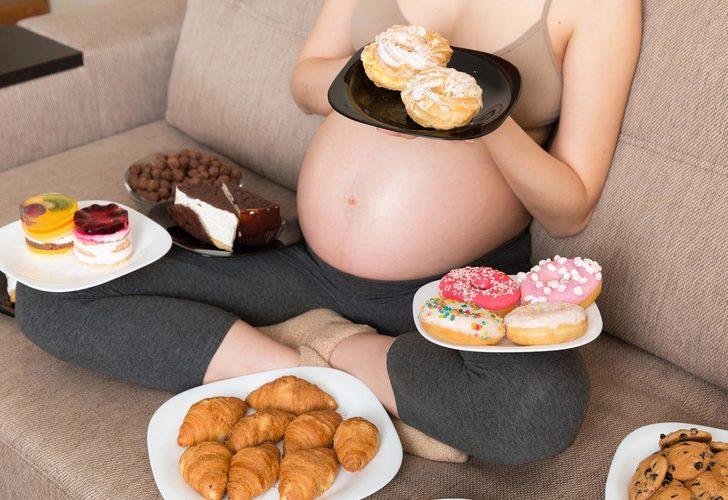 Even though craving for chocolate will not clue you into your baby’s gender it is still fun to guess- not to mention delicious!
Even though craving for chocolate will not clue you into your baby’s gender it is still fun to guess- not to mention delicious!
Searching for something sweet often ends with chocolate, and it’s no surprise given that it is the top craving among US women. Even though the exact cause is not known, the research and hypotheses show that cravings for chocolate can be a normal part of a healthy pregnancy.
| This article has been reviewed and approved for publication in line with our editorial policy. |
How to deal with cravings for sweets during pregnancy?
Pregnant women often change taste preferences. Sometimes they even want to nibble on something inedible, like chalk. This suggests that the body of the expectant mother may lack certain micro- or macro-
elements. In this case, the attending physician can help by prescribing an individual diet and medications. When the reasons for the immoderate craving for tasty, but not at all healthy foods lie rather in the head, a psychologist's consultation is necessary. Let's try to figure out this problem together. nine0004
Let's try to figure out this problem together. nine0004
Mood bun
There are many reasons why you can't stop cravings for sweets. For example, lack of glucose. Sweet foods are a source of fast-digesting carbohydrates that saturate the body with glucose. The latter is useful during pregnancy: it gives the body the energy that is needed for the growth and development of the baby. The need for glucose more than doubles during pregnancy, and conventional foods cannot always compensate for its deficiency.
What vitamins do pregnant women need? Full list
The second reason is emotional discomfort. Everyone knows that sweets are a proven, although not the best, way to deal with anxiety and anxiety. Excessive sugar cravings can be caused by hormonal imbalances that are so common during pregnancy. The lack of endorphins, which are also called hormones of happiness, can create serious problems.
Another reason is the abolition of the diet.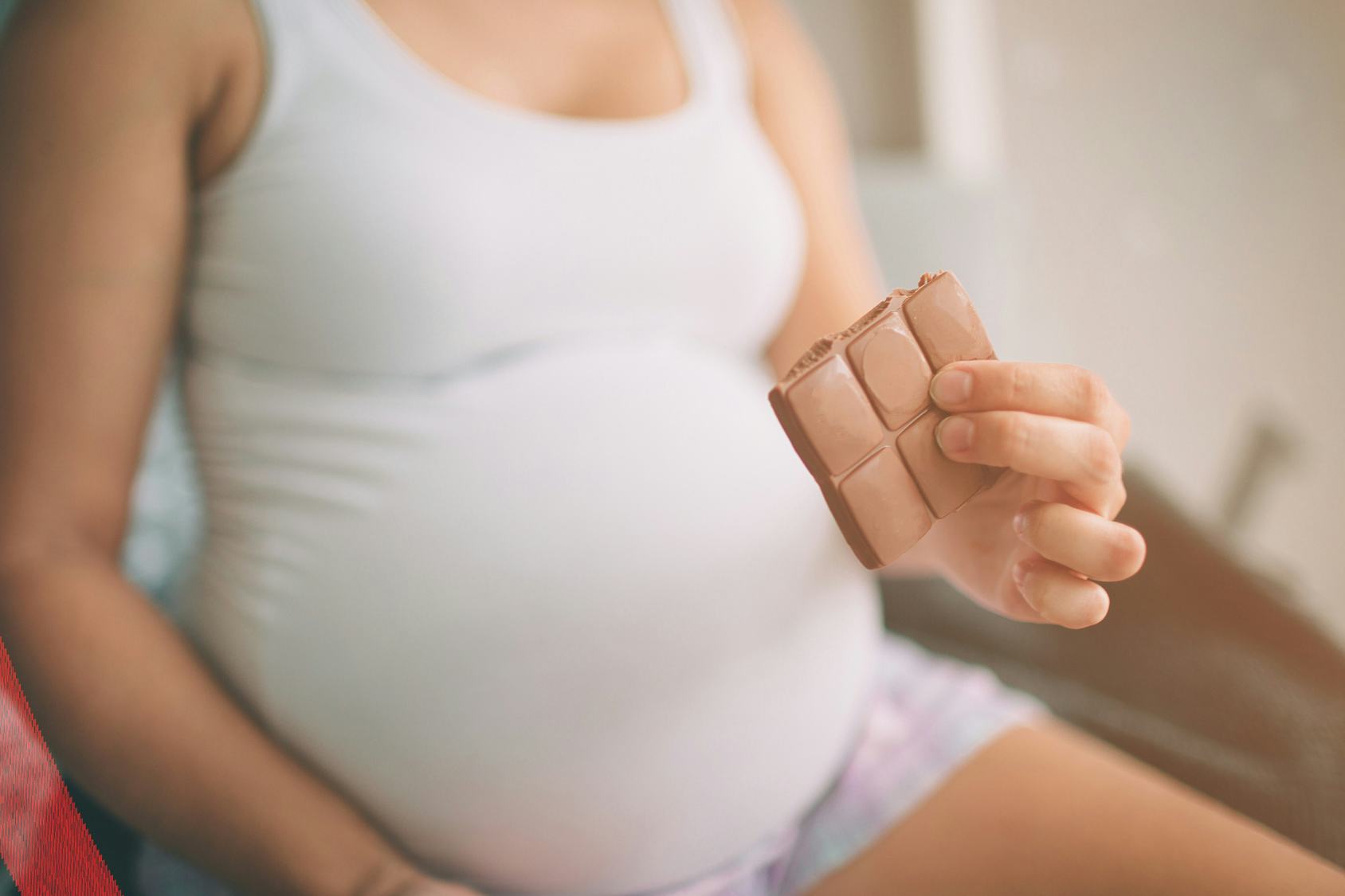 Have you decided not to deny yourself anything, because “if mom wants something, then the child wants it”? In fact, such a phrase is nothing more than an excuse for a sweet tooth. nine0004
Have you decided not to deny yourself anything, because “if mom wants something, then the child wants it”? In fact, such a phrase is nothing more than an excuse for a sweet tooth. nine0004
Do you want something sweet? Choose your foods carefully
Life hacks for those with a sweet tooth
Here are some tips that you can use to reduce your addiction to sweets for a while.
- A hearty protein meal reduces cravings for sweets. Sometimes it is enough to eat a piece of lean meat or an egg, and the desire to eat sweets will disappear.
- Mint is very useful from this point of view. You can chew on a leaf or drink a cup of mint tea, and you can do without sweets for a while. nine0031
- A couple of spoonfuls of ice cream or a little chocolate will help to cope with the desire to sweeten life no worse than half a cake or a whole box of chocolates.
- Positive emotions help a lot. Do something pleasant related to the future baby.
 For example, try to choose a name for him or make yourself a beautiful and safe educational toy for your baby. Now you just have time for such pleasant chores.
For example, try to choose a name for him or make yourself a beautiful and safe educational toy for your baby. Now you just have time for such pleasant chores. - All activities that relieve stress are useful. This is drawing, music, as well as tireless walks. nine0031
- It's a great idea to sign up for a water aerobics for pregnant women in the pool. Swimming is the most effective way to relieve stress.
Getting rid of stress during pregnancy: advice from an ob/gyn
Candy or an apple?
How to deal with a strong craving for sweets? To begin with, let's break sweets into groups:
• rich pastries;
• all kinds of sweets;
• chocolate;
• fruits, berries and some sweet vegetables (carrots). nine0004
The first group of products is a favorite treat for many expectant mothers. Carbohydrates in it are combined with a large amount of fat, so they turn into glucose very quickly, and it is easy to satisfy the need for sweets with them.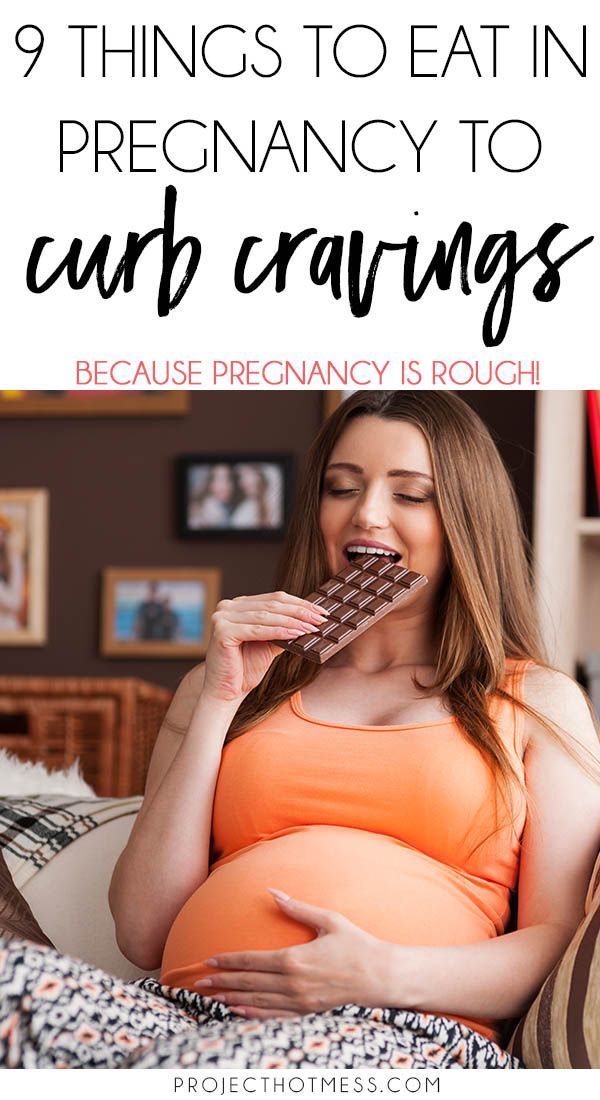 But there are a lot of harmful additives, flavors, flavor enhancers, hydrogenated fats in store baked goods. Therefore, the use of purchased pastries must be strictly limited, and homemade pamper yourself only occasionally.
But there are a lot of harmful additives, flavors, flavor enhancers, hydrogenated fats in store baked goods. Therefore, the use of purchased pastries must be strictly limited, and homemade pamper yourself only occasionally.
The same applies to all kinds of sweets. They contain a lot of sugar, and there is nothing useful for the body. The use of sweets disrupts the production of insulin. In addition, they are harmful to the teeth. nine0004
Experts in nutrition differ about chocolate: this product perfectly calms and cheers up. Moreover, it can help when there is no way to eat properly, but there is a sudden feeling of hunger. In this case, a chocolate bar in your purse will be both convenient and useful. You should not abuse chocolate, but sometimes indulging yourself in this product is quite acceptable. Don't just buy cheap chocolate with lots of palm oil.
Berries and fruits are natural sweets, but they should not be eaten in unlimited quantities either. Overeating can cause indigestion or an allergic reaction.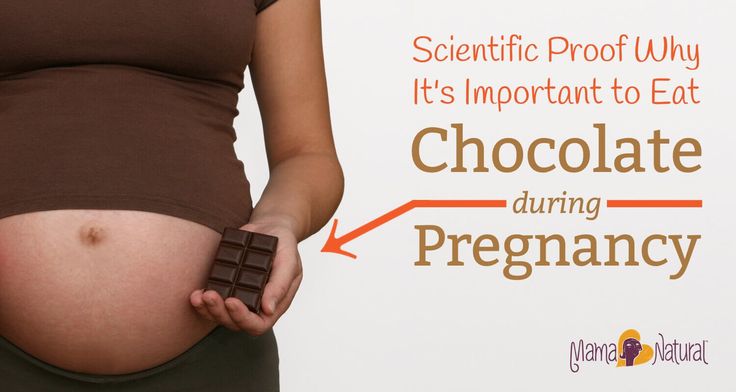 Be sure to pay attention to the area where the fruits or berries were brought from, giving preference to native latitudes. nine0004
Be sure to pay attention to the area where the fruits or berries were brought from, giving preference to native latitudes. nine0004
Some products contain sugar substitutes instead of sugar: fructose, saccharin, aspartame and others. Expectant mothers should not consume anything from this list.
Menu for pregnant women: you can eat carbohydrates!
Psychologist's advice on how to reduce consumption of sweets:
■ do not keep an inexhaustible supply of sweets at home, let them go to the store;
■ if you bought something sweet, hide it in a cupboard and cover it so that you can't see it; nine0004
■ Avoid watching food shows that make you hungry;
■ ask your loved ones not to eat sweets in front of you so that these goodies do not tempt you;
■ Do not display cookbooks with desserts on the covers.
Photo: ShutterStock/Fotodom.ru; Legion-Media
How did this article make you feel?
Sweets during pregnancy | Is it possible to have sweets and sugar during pregnancy, consumption rate
So, where does the increased need for sweets during pregnancy come from? nine0004
Firstly, craving for sweets during pregnancy may be due to a lack of endorphins - the hormones of happiness and pleasure. On the one hand, this assumption looks strange during the period of expectation of the baby, on the other hand, hormone surges, followed by mood swings - a classic picture. Frustrated or anxious? The hand itself reaches for the chocolate bar.
On the one hand, this assumption looks strange during the period of expectation of the baby, on the other hand, hormone surges, followed by mood swings - a classic picture. Frustrated or anxious? The hand itself reaches for the chocolate bar.
Alternative solution:
Take up an interesting hobby, spend more time with friends, watch positive films - use inedible ways to improve your mood. nine0004
Secondly, such a craving can be explained by the needs of the body. Energy costs have increased, and they need to be replenished. The fastest way is to eat something sweet. Marmalade, sugar, cookies are all simple carbohydrates that are digested at a high speed. They give a quick feeling of fullness, however, very short-lived.
Alternative solution:
switch to fractional meals - eat more often, but in small portions. Make adjustments to the diet itself: buckwheat, oats, brown rice, beans, pasta from durum wheat varieties are also carbohydrates, but complex. They are also suppliers of sugar, but do not lead to its sharp jump in the blood.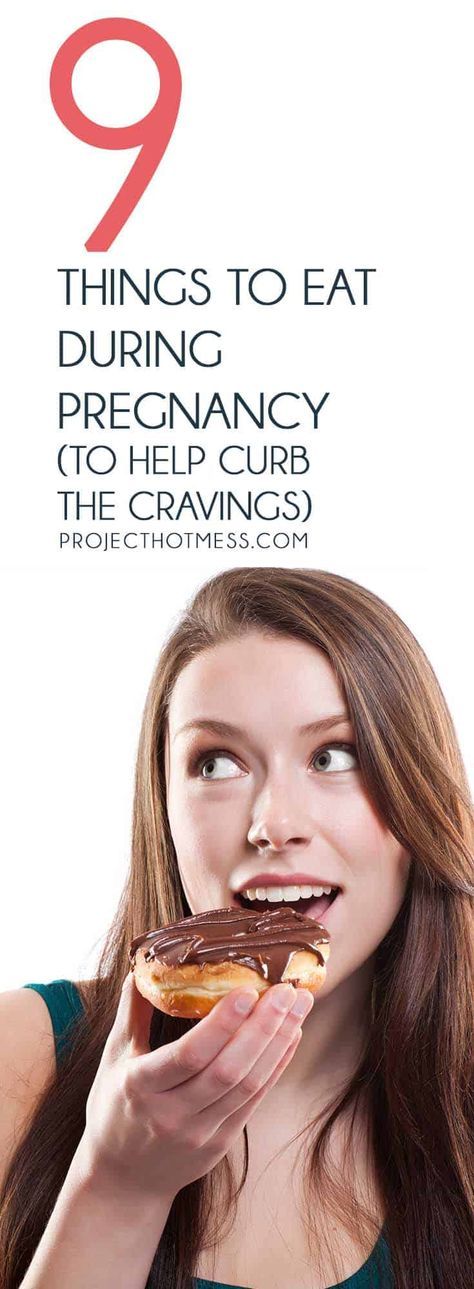 And, what is especially important, these substances are digested more slowly than sweets, marshmallows, jams and retain a feeling of satiety for a long time. nine0004
And, what is especially important, these substances are digested more slowly than sweets, marshmallows, jams and retain a feeling of satiety for a long time. nine0004
And, finally, a deficiency of minerals and trace elements can provoke an increased need for sugar.
Alternative solution:
Incorporate more calcium-rich foods into your diet (natural yogurt, greens, cottage cheese, etc.) - this simple measure can often help reduce cravings for sweets during pregnancy. And prepare healthy snacks - berries, cheesecakes, vegetable chips and bars - this will help you quickly “kill” your appetite without harm to weight and health. nine0004
What is the danger of sugar in the diet of a pregnant woman?
If you lean too much on sugar and sweets during pregnancy, then weight gain will increase faster and more actively than you would like. And this can cause not only aesthetic discomfort, but also become a serious burden on the spine and joints. In addition, calcium will begin to be washed out and vitamin B1 will be lost, and, as a result, problems with teeth and liver may occur.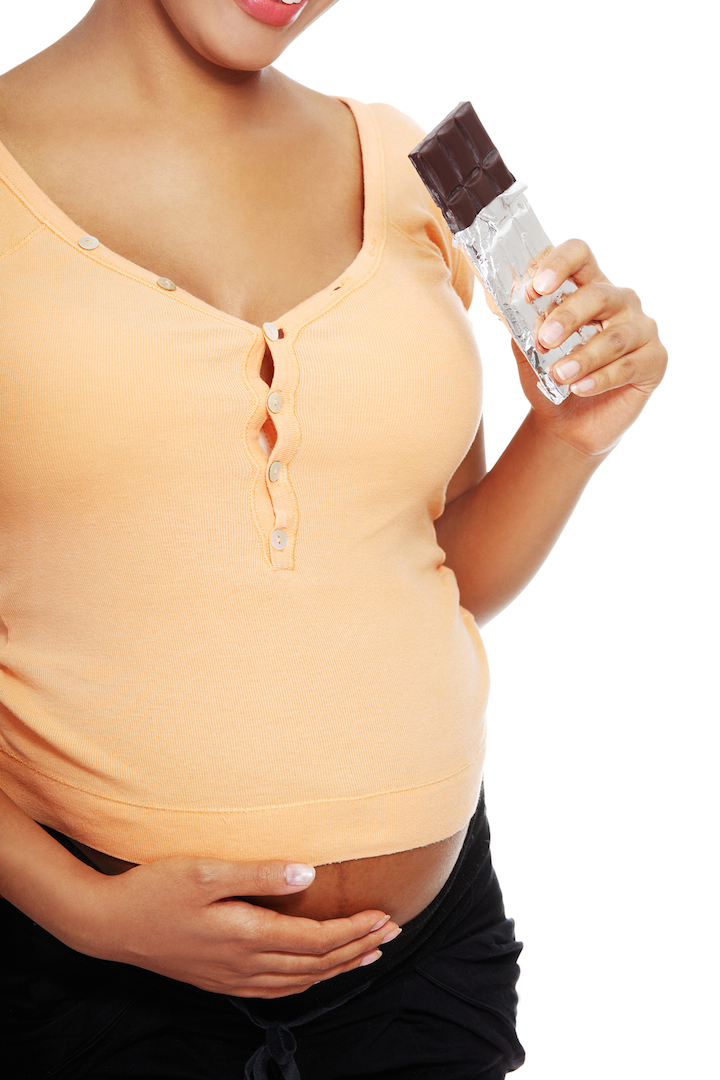
Also, if there are prerequisites, eating an excess amount of sweets during pregnancy can provoke diabetes mellitus in pregnant women, arterial hypertension and digestive disorders, including bloating and pain in the left hypochondrium. nine0004
And, finally, with the abuse of chocolate, there is a risk of congenital food allergies in the baby!
It turns out that sweets in the diet of pregnant women are an absolute evil? But no! If you really want sweets and it’s simply impossible to calmly walk past a bar of chocolate, you don’t need to restrain yourself. Just choose chocolate with a high cocoa content and try to limit yourself to 2-3 pieces.
And, finally, the most important question - rolls, cakes, pastries are not allowed, but what sweets can you eat during pregnancy? nine0004
- Dried fruits - dried apples, raisins, prunes, figs, dried apricots, dates.
- Honey, but only for those who are not allergic to bee products.
- Natural marmalade and marshmallows - ideally homemade.

- Berries, fruits and vegetables are a great alternative to confectionery. However, this advice does not apply to juices and smoothies, it is recommended to focus on products in their natural form.
- Jelly from fruit compotes and juices without added sugar. nine0031
The norm of sugar consumption during pregnancy - what is it?
The daily intake of carbohydrates in a pregnant woman ranges from 325 to 450 grams, the rate of sugar intake during pregnancy should not exceed 40-50 grams.
Is it possible to sugar during pregnancy or is it better to replace it with special additives, what is more harmful and what is more useful?
Expectant mothers address this question to their gynecologist quite often. In the modern world, there are a huge number of various sweeteners, the effect of most of which on the fetus has not been studied. Therefore, it is definitely not worth abusing them. When choosing an alternative to sugar during pregnancy, it is recommended to give preference to natural supplements, such as stevia.
